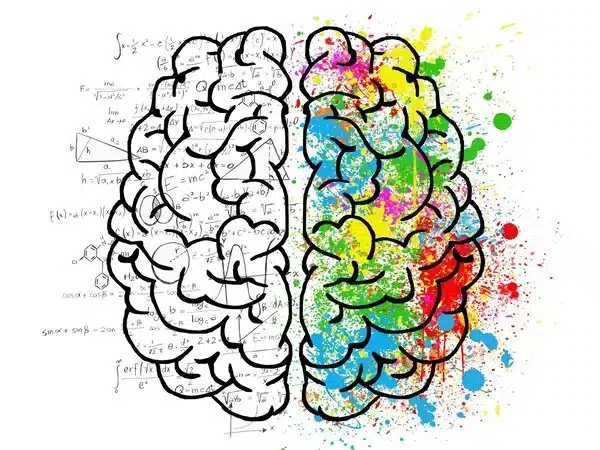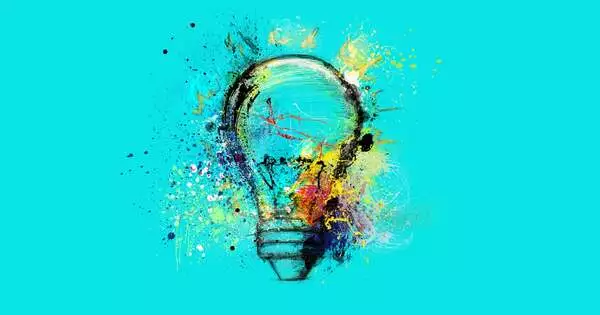It is possible that changing one’s feelings can boost creativity for conventional thinkers. Conventional thinkers often rely on established methods and ways of thinking, which can sometimes limit their creativity. However, by changing their emotional state, they may be able to tap into new perspectives and ideas.
A recent study suggests that even people who tend to think conventionally, such as accountants or insurance adjusters, can be creative if they can look at emotional situations in a different light. In a series of experiments, researchers discovered that conventional thinkers, those who rank low on openness to new ideas and experiences, came up with more creative ideas than peers after practicing “emotional reappraisal.” This entails looking at a situation through a different emotional lens, such as attempting to see an angry event as neutral or hopeful.
The study, which was published in the journal Organizational Behavior and Human Decision Processes, suggests that creativity can be taught.
“One of the study’s implications is that creativity isn’t just for people we think of as ‘creatives,'” said lead author Lily Zhu, an assistant professor at Washington State University’s Carson College of Business. “There is a creative element whenever we break away from our existing perspective and try to think about something that is different from our initial reaction. We may be able to become more creative if we practice or train that flexible-thinking muscle.”
One of the study’s implications is that creativity isn’t just for people we think of as ‘creatives’, is a creative element whenever we break away from our existing perspective and try to think about something that is different from our initial reaction. We may be able to become more creative if we practice or train that flexible-thinking muscle.
Lily Zhu
Zhu and co-authors Chris Bauman and Maia Young from the University of California, Irvine conducted a survey and two similar experiments with three different groups of people for the study. The first survey of 279 college students revealed that people who tended to be more creative, ranking high on openness to new ideas, also tended to practice emotional reappraisal regularly.
In a study of 335 people recruited through a crowdsourcing platform, participants were first ranked on their openness levels before being shown a film scene designed to elicit anger. They were given different instructions while watching: suppress their emotions, think about something else to distract themselves, or try emotional appraisal (looking at the scene through a different lens). A portion were also not taught how to control their emotions.
After watching the film, the participants were asked to come up with an idea for how to use a space in their building that was being vacated by a cafeteria that was closing down. A panel of experts who knew nothing about the participants then evaluated those ideas. Ideas such as using the space for “napping pods” or opening a childcare facility were considered highly creative whereas opening a similar cafeteria or a food franchise were considered low in creativity.

The next experiment had a different group of 177 participants write about an experience that made them angry, rather than viewing a film. They were then tasked with either writing about it again from a different emotional perspective or writing about something else as a distraction.
In both experiments, conventional thinking participants who tried emotional reappraisal came up with more creative ideas than other conventional thinkers who used suppression, distraction or no emotional regulation strategy at all.
Notably, for participants who were already considered creative thinkers, emotional reappraisal had little effect on their creativity. The authors argue that because creative people already practice emotional reappraisal on a regular basis, doing more of it has less of an impact, similar to adding more gas to a car that already has fuel.
According to the researchers, the findings have implications for improving business productivity because it appears possible to tap the knowledge and experience of more employees by encouraging their creativity, even those in traditional occupations like accounting, insurance adjustment, or data analytics.
Zhu proposed that managers create training programs to help employees develop creative thinking skills. Individuals can also practice emotional reappraisal instead of suppressing negative emotions when confronted with a crisis or challenge.
“Negative emotions are unavoidable at work,” Zhu said. “The question is not whether or not we want negative emotions. The question is, how can we deal with them in a more productive and healthy manner? One of the study’s implications is that we can use negative emotions in our daily lives to practice flexible thinking.”
















